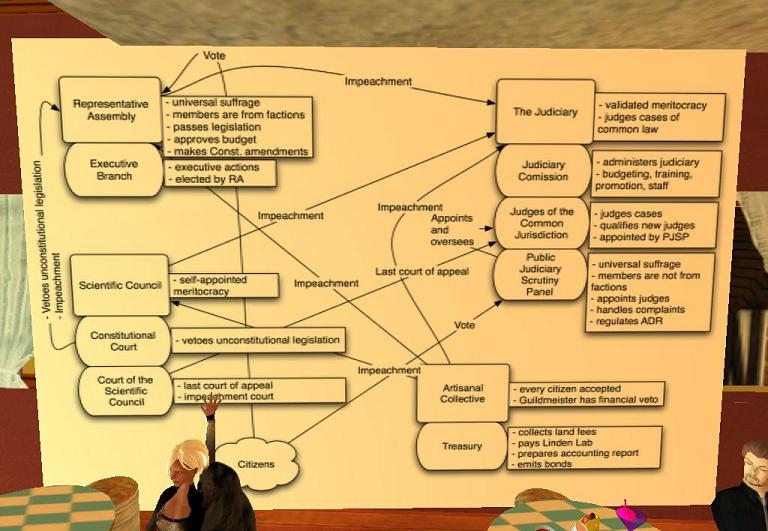Defend yourself using blog networks
Friday, December 22, 2006
Movanet
Emerging technologies such as nanotech is a two-bladed sword for venture capitalists. It is a raising trend as more and more products are sold on the market, it is strongly associated with modernism, it is very promising as it will shape the future world. These factors will trigger people to invest. The media and blogosphere contributed a lot to these developments. On the other hand, a single defective nano product can ruin the whole thing. The media and the blogosphere also plays a major stake here: what brings you up can always take you down.
Forbes had a good article which illustrate this case:
Those are the drawbacks the longtail gives to the economy. Are there any remedies to this? Well, Forbes recommends to start building a blog network.
Forbes had a good article which illustrate this case:
Then the bloggers attacked. A supposed crusading journalist launched an online campaign long on invective and wobbly on facts, posting articles on his Web log (blog) calling Halpern "deceitful,""unethical,""incredibly stupid" and "a pathological liar" who had misled investors. The author claimed to be Nick Tracy, a London writer who started his one-man "watchdog" Web site, our-street.com, to expose corporate fraud. He put out press releases saying he had filed complaints against Circle with the Securities & Exchange Commission.Yahoo and Google is responsible for this (un?)holy alliance. Not only Google has its adsense advertisement network that feeds bloggers with money, not only that it hosted blogs and provide blogsearch, it also include blogger comments in its finance site. The commentaries will affect people's decision to invest.
Those are the drawbacks the longtail gives to the economy. Are there any remedies to this? Well, Forbes recommends to start building a blog network.





Recent Comments